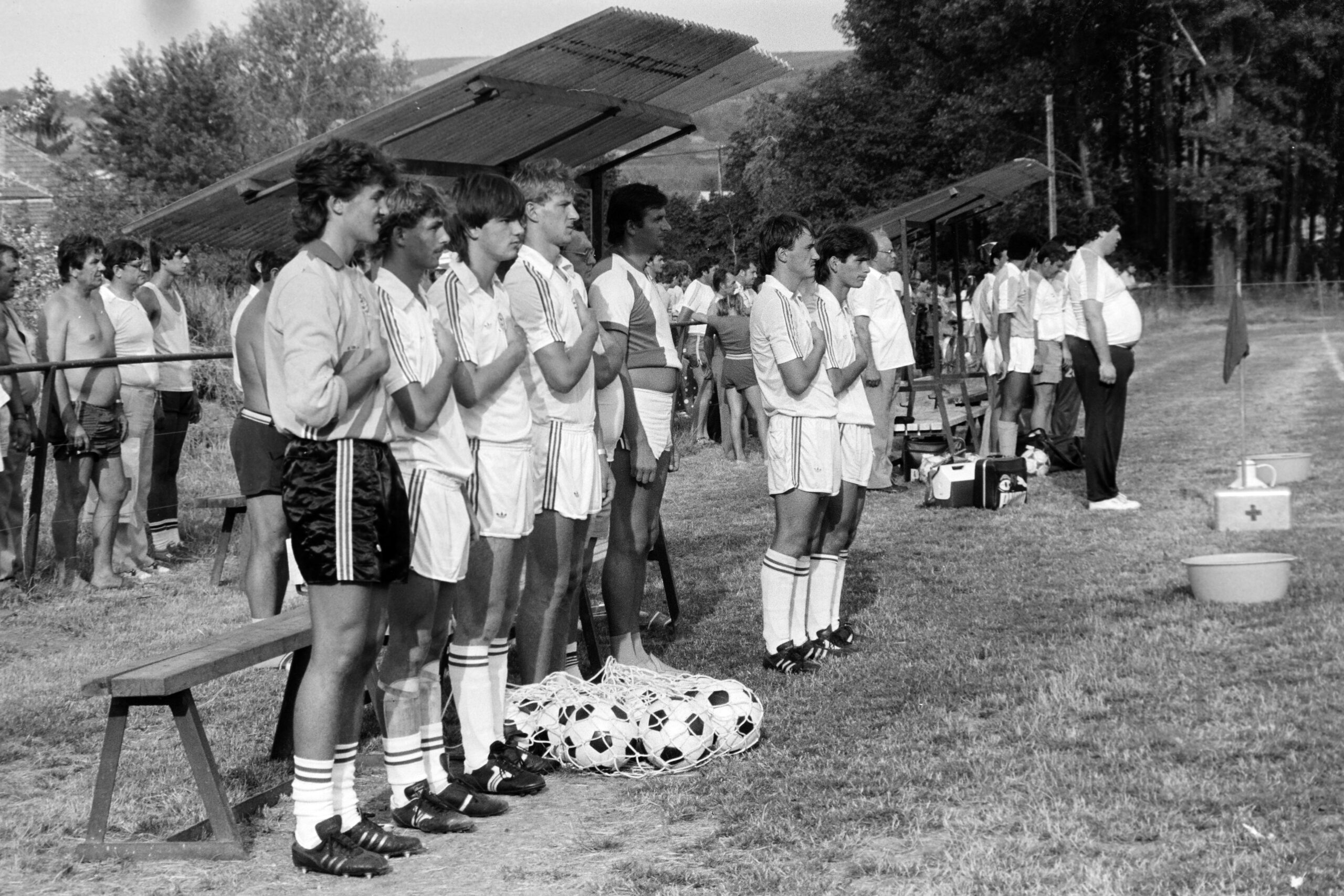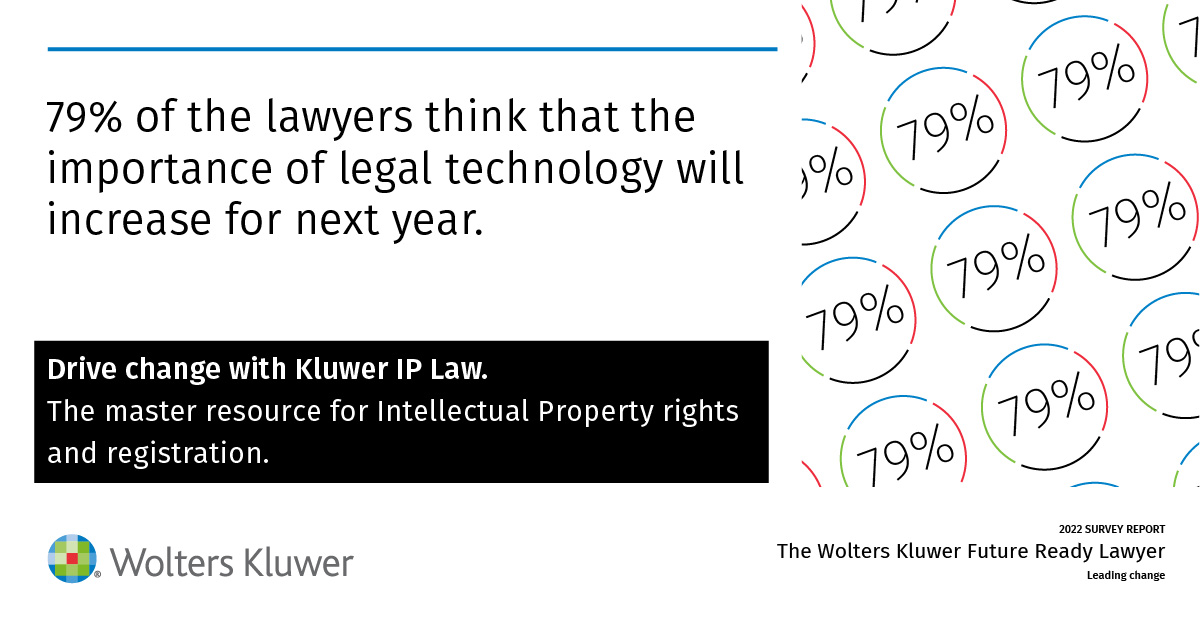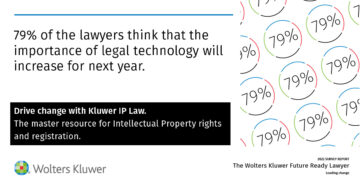UEFA, governing body of European football (a role that came into spotlight in the recent Super League case, not an IP case, see C-333/21), is slowly turning their attention to Germany, where the European football championship will be held this summer. The tournament’s official name is ‘(UEFA) EURO 2024’, which should come as no surprise, given that the same event has been called ‘EURO + [Year]’ since England hosted it in 1996. No surprise that UEFA started preparing for the event early, with trademark registration being an important part of the process.
Leaving nothing to chance, UEFA first applied for a European Union trademark in 2012 (!) for the word mark ‘EURO 2024’ with flying colours. In 2017, UEFA registered the same sign in its country of incorporation, Switzerland, for various goods and services, including different types of merchandising products and all services deemed relevant regarding a continental football tournament. Probably to avoid an office action claiming that the mark was misleading from a geographical point of view, UEFA included a disclaimer in all classes to make it clear that all the goods and services covered were originating ’from Europe’. A subsequent application for an international registration, based on this Swiss trademark, as received an entertainingly varying treatment from national IP offices.
The trademark was granted protection in a number of countries including Italy, Israel, Russia, and China.
In contrast, the USPTO initially issued a total provisional refusal. They found the sign to be descriptive, stating that the term ‘EURO’ refers to Europe, a ‘generally known geographic location’, and that ‘<2024> only indicates the year in which the applicant’s goods and services will be offered in connection with applicant’s football championship’. The USPTO also noted that the sign suggests geographical origin of the goods and services, as UEFA is based in Switzerland (a European country) and, according to Wikipedia, the football tournament of the same name will take place in Germany (another European country). However, UEFA managed to convince the USPTO that ‘EURO 2024’ was eligible for trademark protection at least for certain goods and services: the broader categories of clothing (cl. 25), sports equipment (cl. 28), beverages (cl. 32), digital services (cl. 38) and entertainment (cl. 41).
The Moldovan IP office also found the sign to lack distinctive character for similar reasons, but was ultimately persuaded to grant protection for all goods and services.
In Kazakhstan, the number ’2024’ attracted the attention of the IP office. A partial provisional refusal was issued in respect of all the goods covered by the application, as the IP office found that “the numerical element(s) ‘2024’ indicates the time of manufacture or distribution of the goods.’ Therefore, the trademark was registered with a disclaimer, which “means the granting of protection to a trademark as a whole with a removal from protection of elements of the designation that cannot be granted protection. A disclaimer does not physically remove element(s) of a trademark that cannot be granted protection from the trademark’. Thus, although the sign ‘EURO 2024’ has been registered, its ’2024’ element is excluded from the protection.
These turbulences show that the registration of a sign consisting of two descriptive elements (one that can be understood as a geographical reference and a number referring to a year) can be tricky for a variety of reasons. Strictly speaking, it is hard to argue with the USPTO’s findings. However, given the history of the European football championships, it would probably feel unfair for UEFA to be denied trademark protection in any country for the (rather descriptive) name of the actual outing of the ’Euros’ series.
Also, given the author’s history of following European football championships since 1984, he is also considering whether the pattern ‘EURO + [year]’ could have acquired distinctive character in the EU and beyond. Fun fact: UEFA raised a similar argument years ago to defend their ‘EURO 2008’ trademark.
(Of course, UEFA also owns several other trademarks for this year’s competition, including the word mark ’UEFA EURO 2024’ and a number of figurative marks in several jurisdictions, as it continues to protect and safeguard the intellectual property associated with this world-famous sports event.)

(c) Fortepan
_____________________________
To make sure you do not miss out on regular updates from the Kluwer Trademark Blog, please subscribe here.
Kluwer IP Law
The 2022 Future Ready Lawyer survey showed that 79% of lawyers think that the importance of legal technology will increase for next year. With Kluwer IP Law you can navigate the increasingly global practice of IP law with specialized, local and cross-border information and tools from every preferred location. Are you, as an IP professional, ready for the future?
- SEO Powered Content & PR Distribution. Get Amplified Today.
- PlatoData.Network Vertical Generative Ai. Empower Yourself. Access Here.
- PlatoAiStream. Web3 Intelligence. Knowledge Amplified. Access Here.
- PlatoESG. Carbon, CleanTech, Energy, Environment, Solar, Waste Management. Access Here.
- PlatoHealth. Biotech and Clinical Trials Intelligence. Access Here.
- Source: https://trademarkblog.kluweriplaw.com/2024/05/03/uefas-road-to-euro-2024-turbulences-caused-by-descriptive-elements/
- :has
- :is
- :not
- :where
- 1996
- 2012
- 2017
- 25
- 28
- 32
- 41
- a
- According
- acquired
- Action
- actual
- add
- ago
- All
- also
- Although
- an
- and
- Another
- any
- Application
- applied
- ARE
- argue
- argument
- AS
- associated
- At
- attention
- attracted
- auto
- avoid
- based
- BE
- been
- being
- Beverages
- Beyond
- Blog
- body
- Bottom
- broader
- but
- by
- came
- CAN
- cannot
- case
- categories
- caused
- certain
- championship
- championships
- Chance
- character
- China
- claiming
- classes
- clear
- Clothing
- come
- competition
- connection
- considering
- Consisting
- content
- continental
- continues
- contrast
- convince
- could
- countries
- country
- course
- covered
- cross-border
- custom
- deemed
- defend
- denied
- designation
- different
- digital
- digital services
- disclaimer
- distinctive
- distribution
- do
- does
- Early
- element
- elements
- eligible
- England
- Entertainment
- equipment
- EU
- Euro
- Europa
- Europe
- European
- Event
- Every
- excluded
- external
- fact
- feel
- findings
- First
- flying
- following
- Football
- For
- found
- from
- fun
- future
- geographic
- geographical
- Germany
- given
- Global
- goods
- governing
- grant
- granted
- granting
- Hard
- Have
- he
- Held
- history
- hosted
- How
- However
- HTTPS
- importance
- important
- in
- included
- Including
- Increase
- increasingly
- indicates
- information
- initially
- intellectual
- intellectual property
- internal
- International
- into
- IP
- Israel
- Issued
- IT
- Italy
- ITS
- jpg
- jurisdictions
- Kazakhstan
- King
- known
- Lack
- Law
- lawyer
- Lawyers
- League
- LEARN
- least
- Legal
- local
- location
- make
- managed
- mark
- max-width
- merchandising
- misleading
- miss
- more
- name
- National
- Navigate
- next
- no
- noted
- nothing
- number
- numerical
- of
- offered
- Office
- offices
- official
- on
- ONE
- only
- or
- Origin
- originating
- Other
- out
- owns
- page
- part
- Pattern
- persuaded
- Physically
- Place
- plato
- Plato Data Intelligence
- PlatoData
- please
- Point
- Point of View
- practice
- preferred
- preparing
- probably
- process
- Products
- professional
- property
- protect
- protection
- provisional
- raised
- rather
- ready
- reasons
- received
- recent
- reference
- referring
- refers
- regarding
- registered
- Registration
- regular
- relevant
- removal
- remove
- respect
- road
- Role
- Russia
- s
- safeguard
- same
- see
- Series
- Services
- several
- should
- show
- showed
- sign
- similar
- since
- Slowly
- speaking
- specialized
- Sports
- Spotlight
- standard
- start
- started
- stating
- strictly
- subscribe
- subsequent
- Suggests
- summer
- Super
- support
- sure
- surprise
- switzerland
- Take
- Technology
- term
- that
- The
- The Future
- their
- therefore
- they
- Think
- this
- time
- to
- tools
- tournament
- trademark
- trademarks
- treatment
- tricky
- turbulences
- Turning
- two
- types
- uefa
- Ultimately
- understood
- unfair
- union
- Updates
- USPTO
- variety
- various
- varying
- View
- was
- were
- whether
- which
- whole
- Wikipedia
- will
- with
- Word
- would
- year
- years
- you
- zephyrnet







